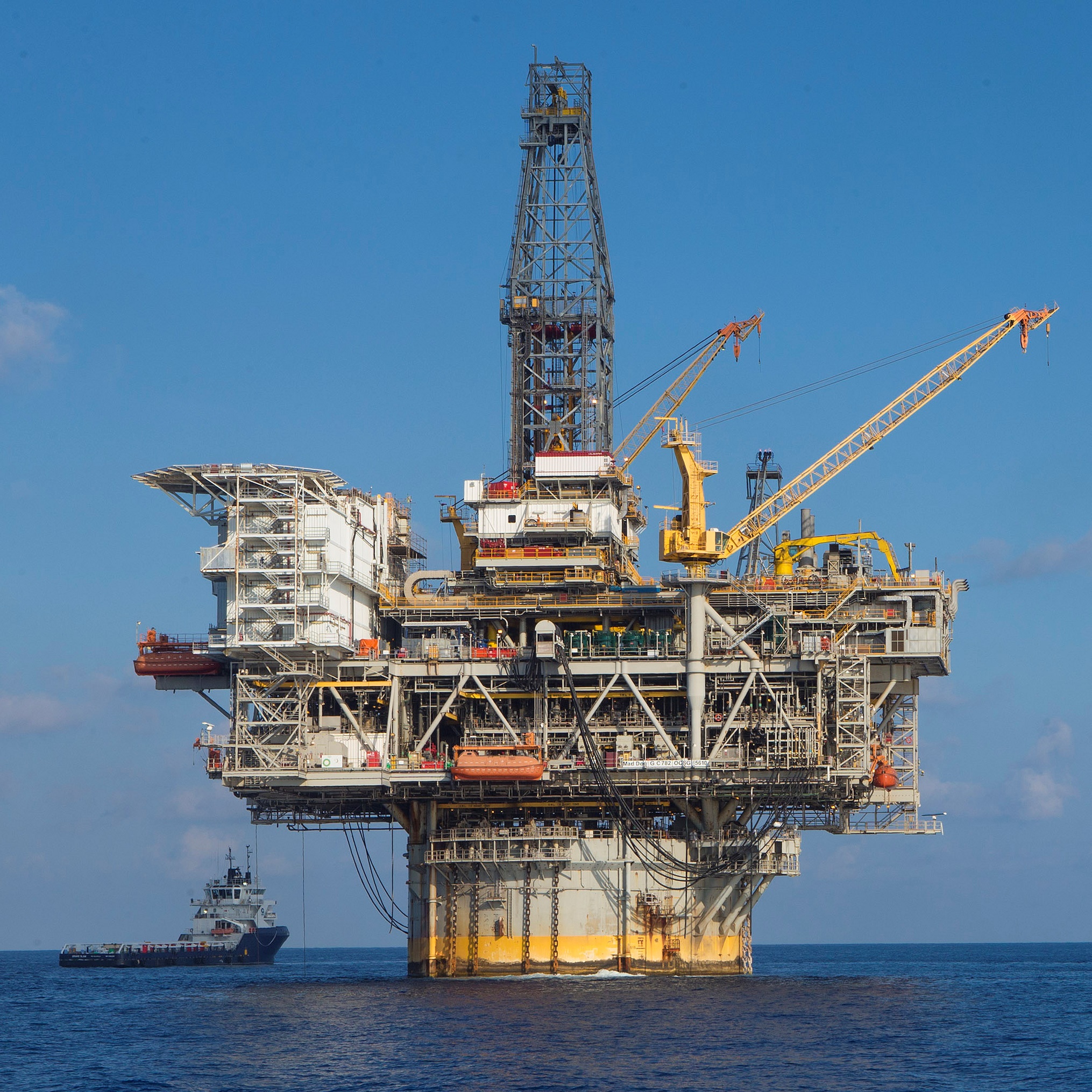Energy
In Oil Services, Schlumberger Is More Resilient Than Halliburton

Published:
Last Updated:

The oil services industry is about to undergo two very large mergers. While antitrust authorities are still hounding the process somewhat, it’s doubtful that the mergers won’t be approved in the end, given the current state of the oil market. Soon Schlumberger Ltd. (NYSE: SLB) will be acquiring Cameron International Corp. (NYSE: CAM) and Halliburton Co. (NYSE: HAL) will take out Baker Hughes Inc. (NYSE: BHI). The question is, which team will be better able to perform in the current dismal conditions?
It’s hard enough to predict which companies will perform better under stressful conditions, but it’s even harder when we’re dealing with mergers that haven’t even happened yet, having little idea of how the companies will end up working together. In any case, guesses can still be made, as such is the nature of investing.
Taking a strictly balance sheet and earnings approach and projecting this out, assuming low oil prices persist, Schlumberger-Cameron seems to be the healthier pair over Halliburton-Baker Hughes. Taking Schlumberger first, what is most notable about its performance during the downturn is that international operating margins were 23.6% for the full year 2015, and 23.9% for 2014. That means, despite the nosedive in the price of oil and the extreme contraction in the oil services sector, Schlumberger was able to keep its international operating margins mostly steady.
North American operating margins were a different story, declining 874 basis points to 10.2%, but the good news is that 71% of Schlumberger’s revenues are international rather than North American. This puts the company in a pretty good position comparatively, with plenty of cash and very low debt. Schlumberger’s variable rate debt is only $3.3 billion, with the rest of it fixed rate and no big payments due until 2019 and beyond. The oil market may not recover this year, but 2019 seems a much safer bet.
Halliburton is not in any danger, but its business has taken a serious hit this year. This itself is not the problem, as all oil companies have. The problem is that, unlike Schlumberger, the bulk of Halliburton’s business is in the United States, and the U.S. oil industry is filled with high-cost producers that are taking the brunt of the decline. This is why Schlumberger’s international operating margins have been steady as opposed to its North American margins. It’s also why Halliburton probably needs a rebound more than Schlumberger does. As for Baker Hughes, it also has the bulk of its revenues coming from the United States. Doubling down on that with a merger does not exactly even that out.
The thought of burdening your family with a financial disaster is most Americans’ nightmare. However, recent studies show that over 100 million Americans still don’t have proper life insurance in the event they pass away.
Life insurance can bring peace of mind – ensuring your loved ones are safeguarded against unforeseen expenses and debts. With premiums often lower than expected and a variety of plans tailored to different life stages and health conditions, securing a policy is more accessible than ever.
A quick, no-obligation quote can provide valuable insight into what’s available and what might best suit your family’s needs. Life insurance is a simple step you can take today to help secure peace of mind for your loved ones tomorrow.
Click here to learn how to get a quote in just a few minutes.
Thank you for reading! Have some feedback for us?
Contact the 24/7 Wall St. editorial team.